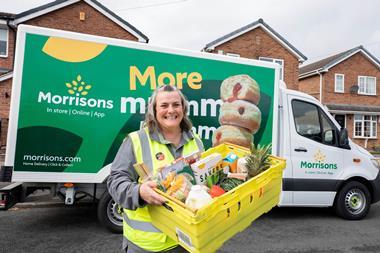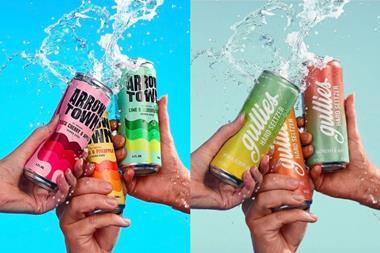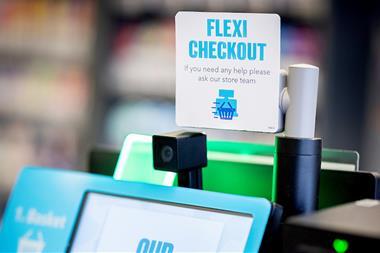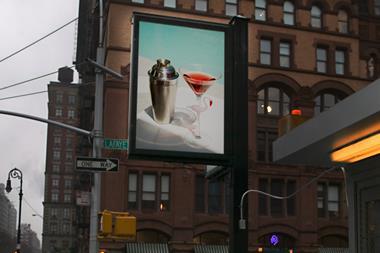I promise to pay the bearer on demand the sum of “. These are the words to be found on every banknote in the country, next to a picture of the Queen’s head. It’s a promise that most of us confidently believe will be kept.
But how many other promises do we believe today? Sadly, the answer is not many. Not every promise is as explicit as that on a banknote, but that makes them no less precious. When we go to hospital, the promise of care is assumed. When we buy online, the promise of digital security is assumed. When we go to a supermarket, the promise of food integrity is assumed.
What happens when promises are broken? Because we live in such a sceptical age, what happens is we tend to look for further evidence of broken promises. Rather than seeing the horsemeat scandal as an exception, the kneejerk reaction is to see it as part of a much wider failure on the part of our food industry. All balance is lost, we see none of the good and only the bad. And there’s enough that’s bad for the process to be self-fuelling, until the doubt and cynicism stick.
“We are more likely to believe ‘people like us’ rather than big companies’”
I don’t want to excuse failure, but to put it in context and highlight ways that trust can be earned and rebuilt. The first thing to understand is how the climate of trust has changed. There was a time when we trusted “upwards” - by and large we believed what politicians, big companies, bank managers told us.
Due to cultural change (fuelled by social media), this age of deference is a distant memory. We now live in an age of reference, where we are much more likely to believe in “people like us” - where we trust “sideways” rather than “upwards”. This has huge implications for big companies and institutions, which naturally operate vertically.
The challenges posed, however, needn’t be insurmountable. A great example of a big food company thinking sideways is McDonald’s, which has launched an app in Australia that enables customers to track every ingredient in their burger back to source.
What this inspired use of technology does is remove all the “verticals” that would otherwise have stood between the customer and his food. Symbolically, it also tells me that McDonald’s is keeping all its promises, that it knows its supply chain.
Another way to achieve sideways trust is to have a strong organisational culture, an ethos that can be lived (and thus believed) through the actions of each and every employee.
When co-authoring The Branded Gentry, I asked Lord Sainsbury the secret of the brand’s success. “My great-grandfather built a trade on quality and always trying to be on the customer’s side,” he responded. “In those days, if you were selling a pile of bacon and you had half a rasher left, you’d slip the half rasher and not let anyone see it. But that was a capital offence at Sainsbury’s. You had to put it on the top so everyone saw it.”
For John James Sainsbury, and for John Davan Sainsbury a century later, a hidden half rasher wasn’t an excusable short cut. It was something far graver. It was a broken promise.
Charles Vallance is chairman of integrated advertising agency VCCP, and author of The Branded Gentry



















No comments yet